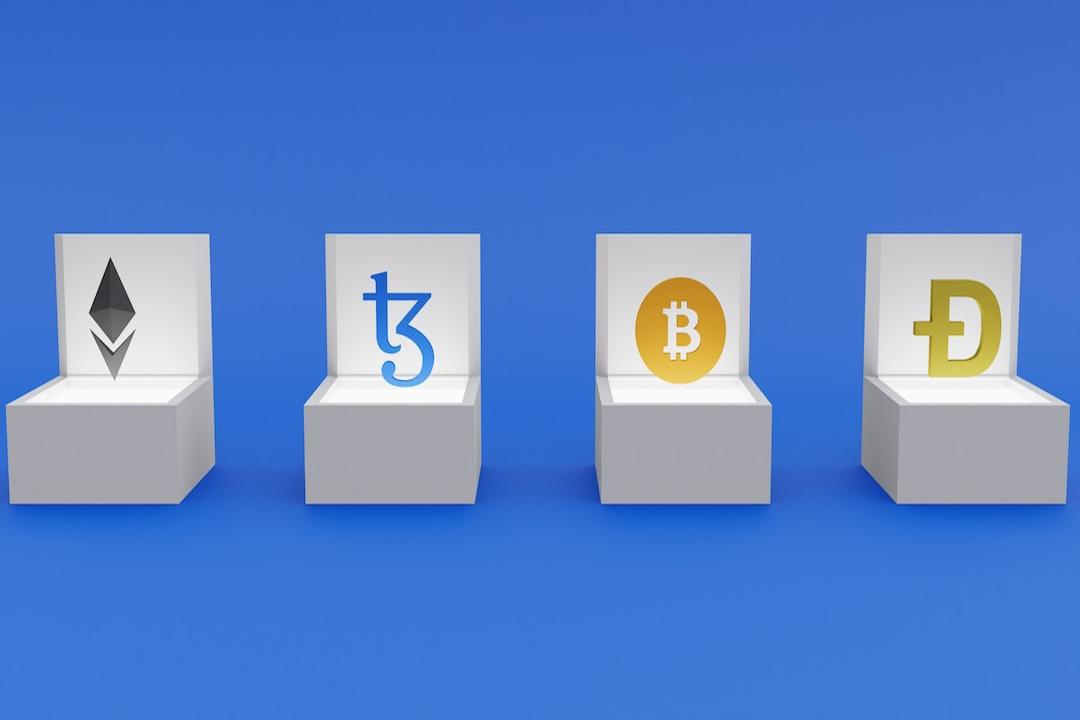A recent publication from the European Central Bank (ECB) on October 12, 2024, has suggested that older Bitcoin (BTC) holders benefit at the expense of newer holders and has proposed regulating or even banning the decentralized cryptocurrency to prevent its price from rising. The authors argue that those who acquired BTC earlier or bought at market lows and then sold to new investors at a profit are taking advantage of the newer buyers. However, this is a common practice in financial markets, as investors aim to buy assets at low prices and sell them at higher prices.
Based on this argument, the authors propose implementing strict price controls on Bitcoin to prevent exploitation and the resulting social unrest caused by the uneven distribution of wealth. Additionally, the authors claim that Bitcoin is seldom used as a payment method, while citing an earlier research paper’s false claim that Bitcoin is the preferred choice for criminal transactions. However, a report from the United States Treasury Department in May 2024 states that fiat cash remains the dominant method for illicit transactions.
Interestingly, the paper fails to mention the reasons behind the significant increase in the price of Bitcoin since its inception in 2009. Furthermore, it overlooks the fact that Bitcoin’s creator, Satoshi Nakamoto, designed the scarce digital asset to serve as both a decentralized payment method and a store of value against rapidly depreciating fiat currencies.
The paper contains numerous contradictory claims, such as Bitcoin lacking real-world value but also being capable of destabilizing society through its growth. These claims neglect the impact of excessive monetary inflation imposed by governments and central banks on their citizens. For example, public sector debt in the United Kingdom for the 2023-2024 fiscal year has reached approximately 98% of the country’s gross domestic product, the highest level recorded since the 1960s, according to Statista.
Satoshi Nakamoto included a reference to this monetary and fiscal irresponsibility in the Genesis Block, the first block ever mined on the Bitcoin network, by including a front-page copy of The London Times from January 3, 2009.
In the United States, fiscal stimulus through money printing has led to a 41% increase in the M2 money supply since 2020, contributing to the growing $35 trillion national debt and causing a corresponding decline in purchasing power for consumers.

